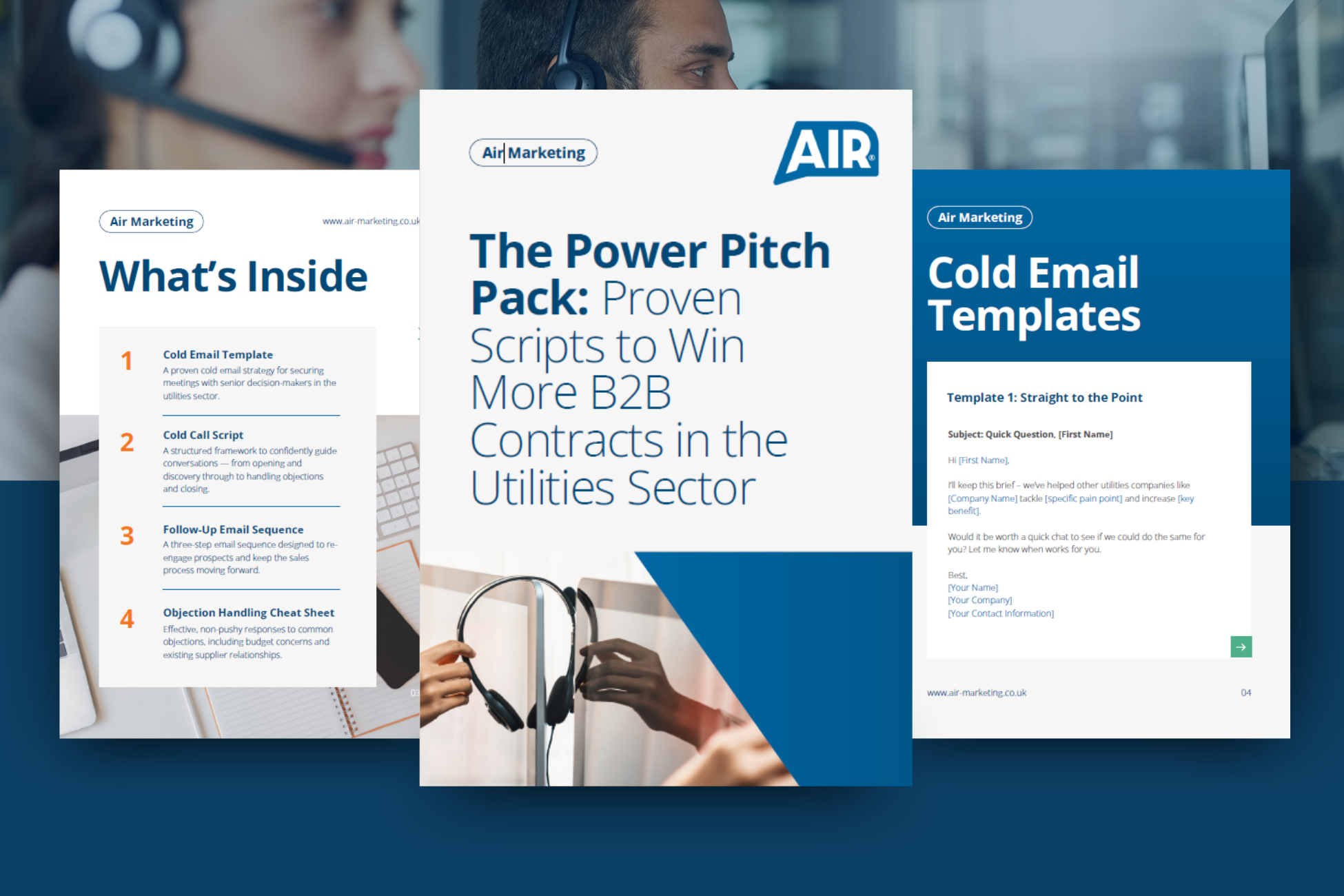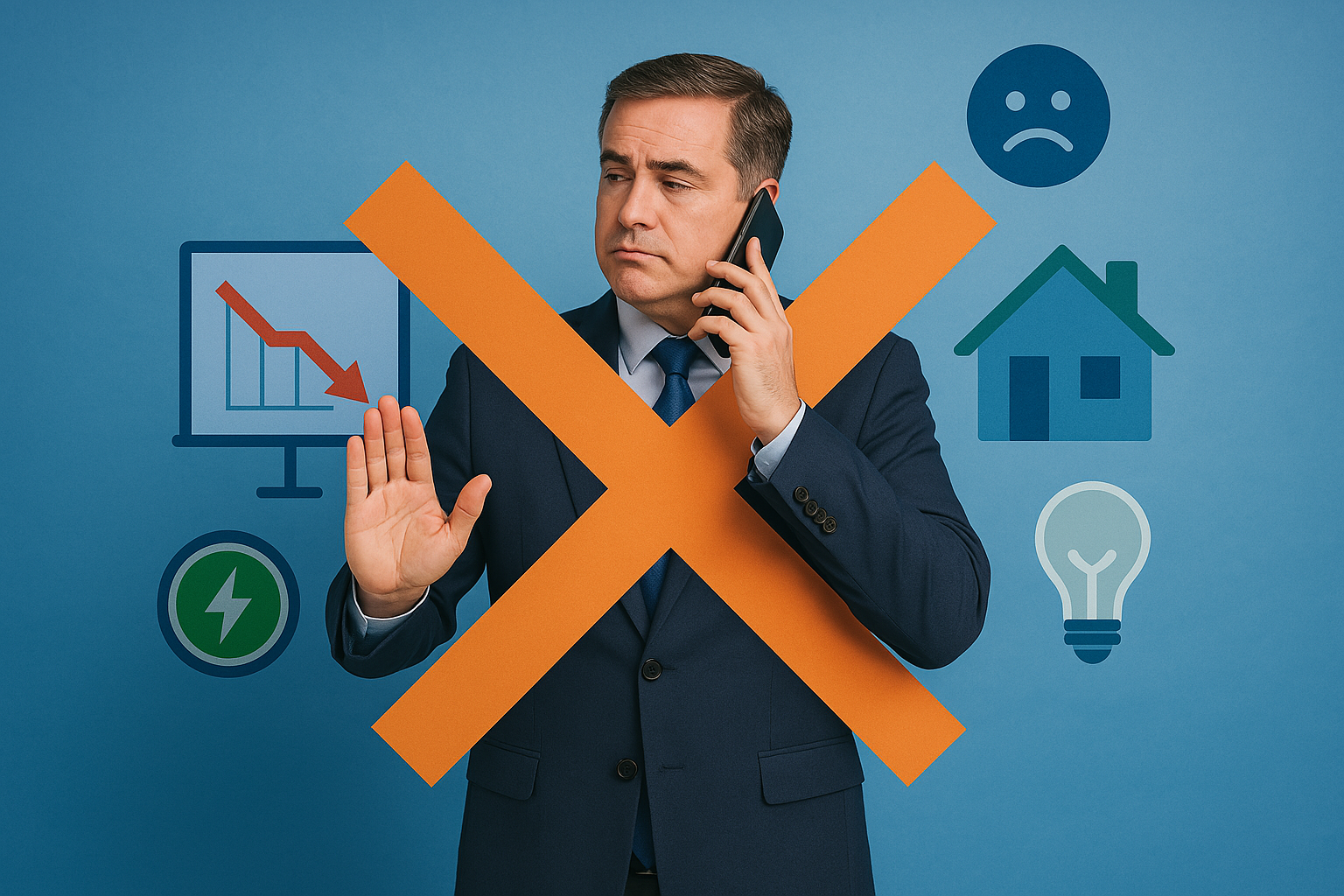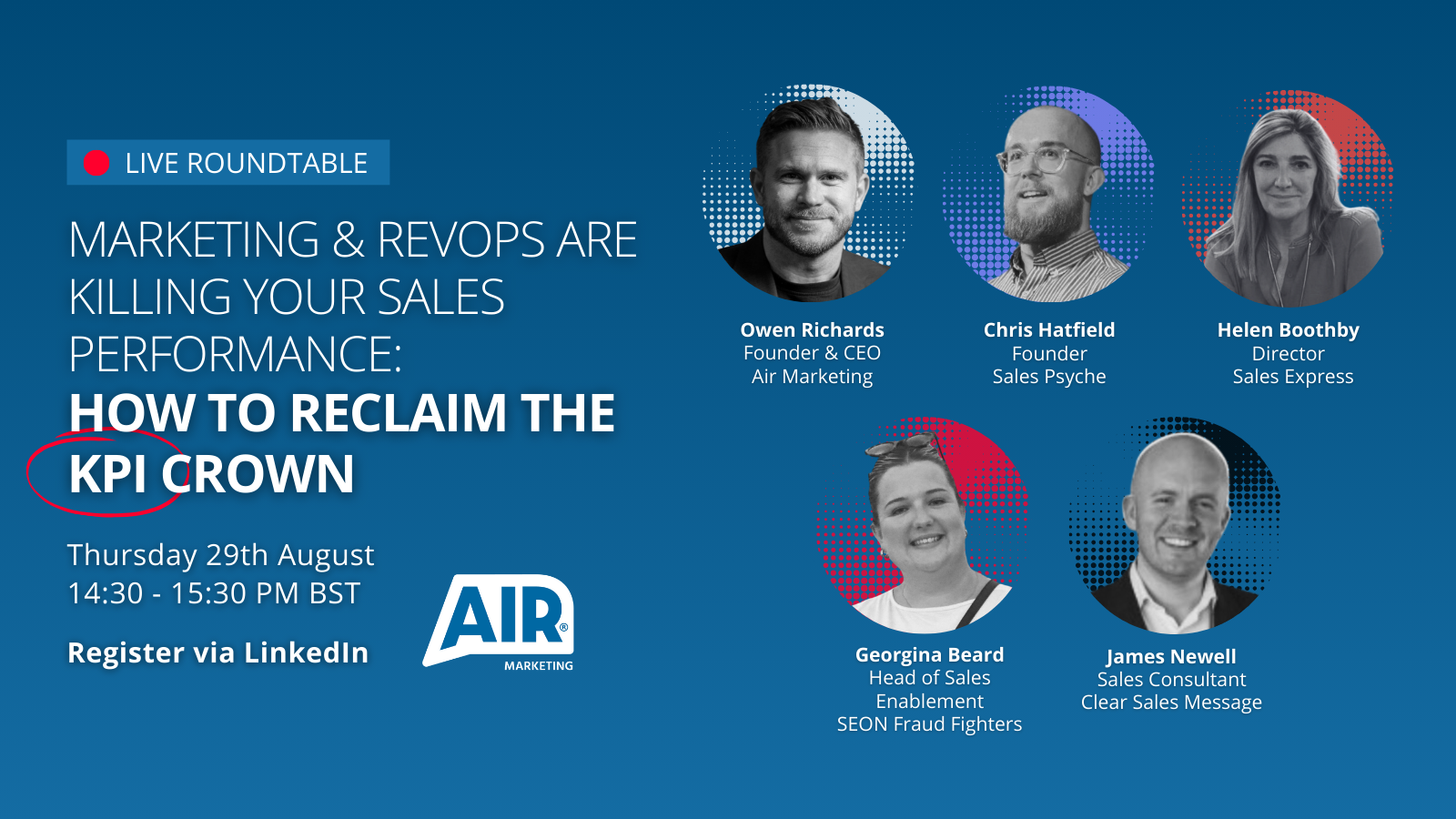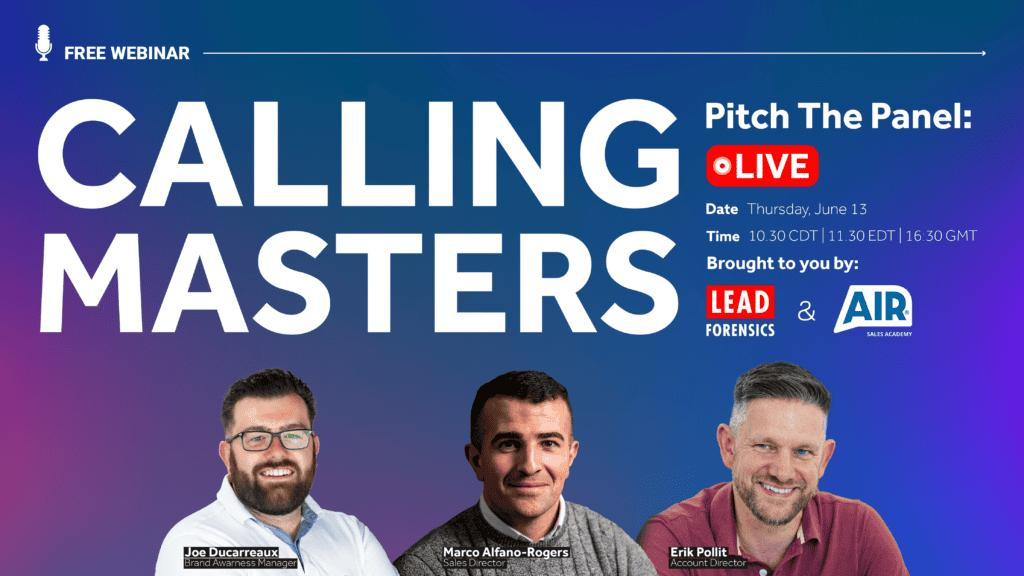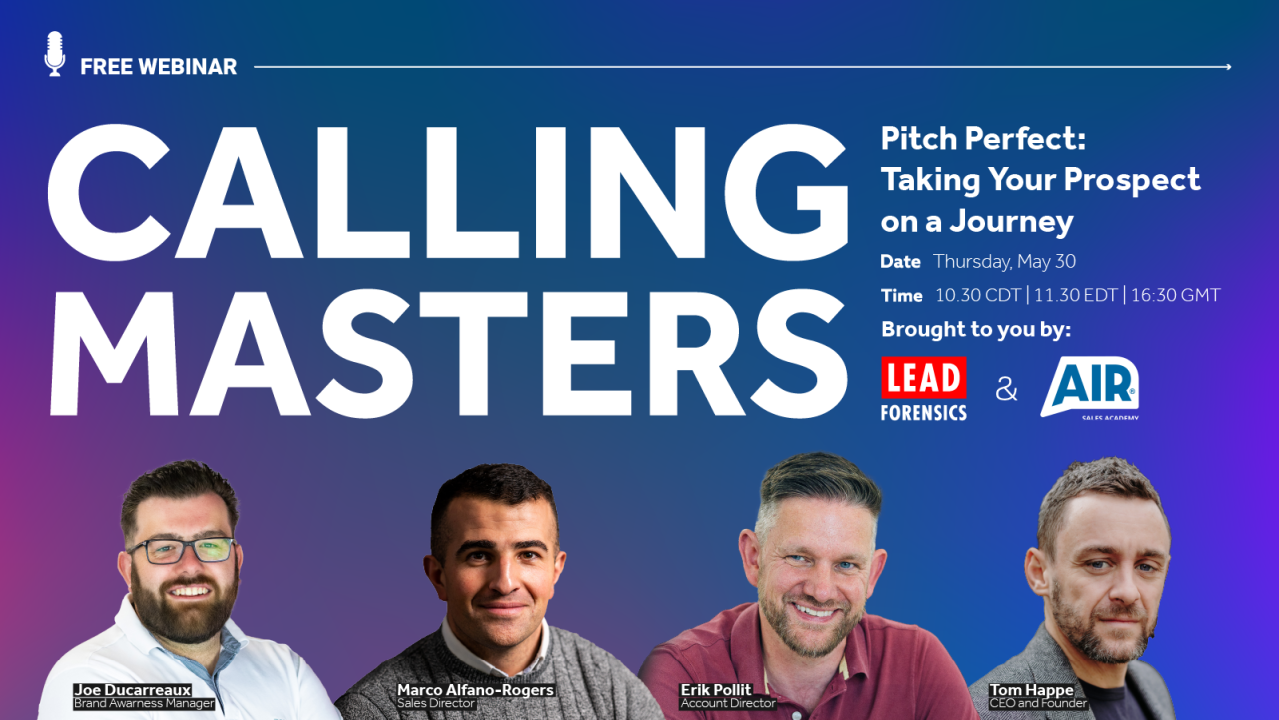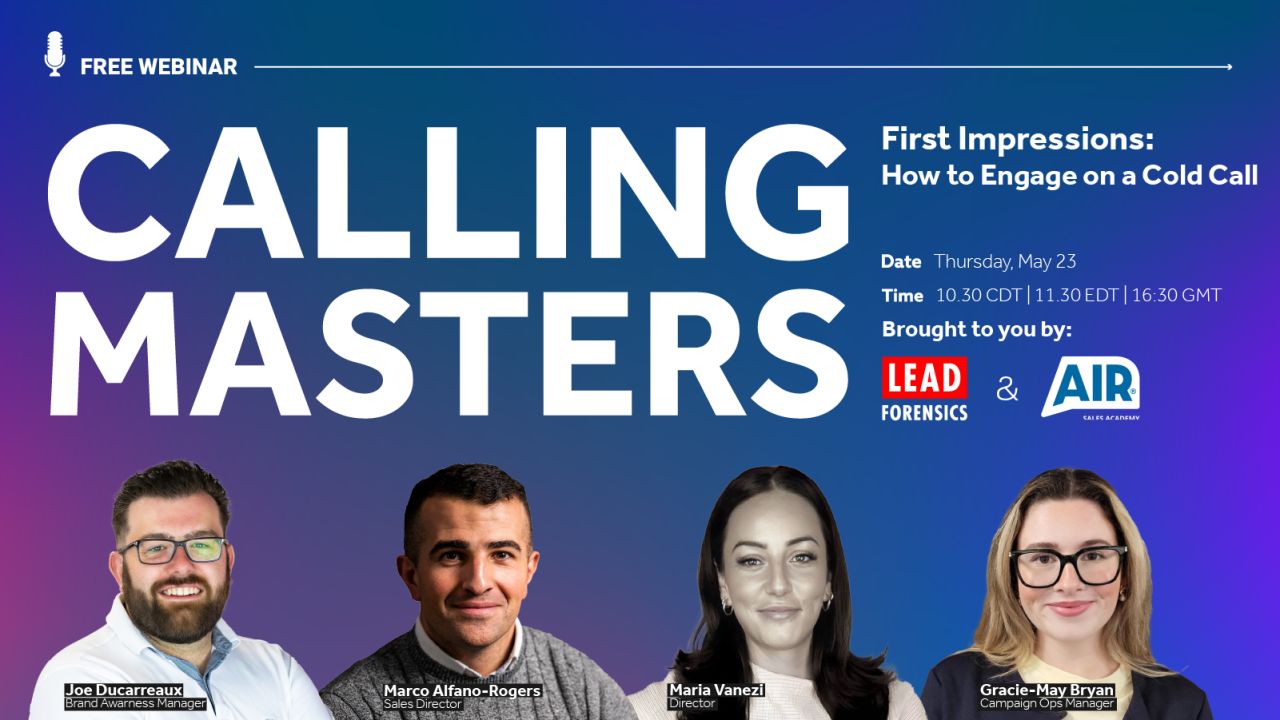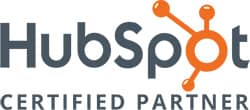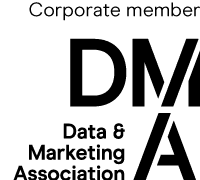In today’s competitive B2B landscape, the pressure to generate high-quality leads is immense. Companies are increasingly turning to outsourcing for lead generation, seeking to scale their efforts while keeping costs manageable. However, while outsourcing can be an incredibly effective strategy, it’s also one that can fail spectacularly if not done correctly.
As someone who’s spent years helping companies achieve success through outsourced sales, marketing and SDRs, I’ve seen both the potential and the pitfalls of outsourcing lead generation.
Here’s why you shouldn’t outsource lead generation unless you’re prepared to do it right—and how to ensure your efforts lead to success.
The Allure and the Danger of Outsourcing Lead Generation
Outsourcing lead generation can seem like an easy fix to a complex problem. After all, the promise of gaining access to a team of experts who can take the burden off your internal team is compelling. However, in the wrong hands, outsourcing can become a nightmare. Poorly executed lead generation strategies waste valuable resources, damage your brand’s reputation, and ultimately leave your sales pipeline dry.
According to a report by Forrester, as much as 50% of B2B marketers believe that their lead generation programs are underperforming. The root cause? Misalignment between outsourced teams and the company’s internal goals. If the outsourced team doesn’t have a deep understanding of your industry, target market, and specific sales objectives, the leads they generate are likely to be irrelevant, unqualified, or worse—counterproductive to your brand image.
Why Outsourcing Fails: Common Mistakes
- Lack of Alignment with Business Goals
The most common reason outsourcing fails is a lack of alignment between the external SDR team and the internal business strategy. Often, companies outsource to generic lead generation firms without ensuring that the provider fully understands their goals, target audience, and unique value proposition.
As Gartner points out, alignment between sales and marketing is crucial for success, and this extends to any third-party vendors you work with. When there’s a disconnect, the leads generated won’t fit your Ideal Customer Profile (ICP), leading to wasted resources and misdirected efforts.
- Over-Reliance on Automation and Volume
Some outsourcing providers focus on volume over quality, relying heavily on automation tools to churn out leads at scale. While automation has its place in modern sales, it can’t replace the nuance of personalised, thoughtful engagement. Harvard Business Review warns that excessive automation in lead generation can alienate prospects and reduce engagement, rather than fostering meaningful connections.
The key is striking the right balance—leveraging technology to streamline processes while ensuring that human intelligence and personalisation guide the strategy.
- Failure to Invest in Relationship-Building
Successful lead generation isn’t just about numbers—it’s about relationships. In many cases, outsourcing providers fail because they don’t take the time to build trust with prospects before pushing for the sale. According to Salesforce, over 79% of B2B buyers say that building trust is more important now than ever. If your outsourced team is prioritising speed over relationship-building, they’re likely missing out on the very leads that would convert with proper nurturing.
How to Outsource Lead Generation the Right Way
While the risks of outsourcing are real, the potential rewards are significant—if you approach it correctly. Here’s how to ensure that your outsourcing efforts succeed:
- Choose a Partner, Not a Vendor
The most successful outsourcing relationships are partnerships, not transactions. You need to work with a provider that takes the time to understand your business, your market, and your sales goals. They should operate as an extension of your team, with a shared commitment to achieving your objectives.
This means you shouldn’t just evaluate potential providers on their promises of lead volume or speed. Instead, assess their strategic understanding, their ability to align with your internal teams, and their approach to personalisation and relationship-building.
- Focus on Quality Over Quantity
At Air Marketing, we focus on delivering leads that are not just plentiful, but primed for conversion. This means taking a targeted approach, leveraging in-depth research and personalisation to engage prospects who are genuinely aligned with your product or service.
Research from HubSpot shows that companies prioritising lead quality see a 45% higher conversion rate compared to those focusing purely on lead quantity. When outsourcing, make sure your provider understands this distinction and is committed to delivering quality, not just numbers.
- Integrate with Your Internal Teams
Your internal sales and marketing teams shouldn’t feel disconnected from your outsourced SDR efforts—they should be fully integrated. Ensure that your outsourcing provider maintains open lines of communication, regularly reports on progress, and adapts based on feedback from your internal teams.
Effective integration allows for seamless handoffs between your outsourced SDRs and your internal account executives, ensuring that leads are nurtured properly through every stage of the funnel.
The Bottom Line
Outsourcing lead generation is not a silver bullet—it’s a strategy that can either drive tremendous value or lead to wasted time and resources if mishandled. The difference lies in how you approach it.
Done right, with the right partner, outsourcing can free up your internal teams to focus on high-impact activities while ensuring that your sales pipeline remains healthy and productive. But if you choose the wrong provider, or fail to align your strategies, it can easily lead to frustration, wasted investment, and missed opportunities.
At Air Marketing, we pride ourselves on getting it right. With the right clients we’ve demonstrated that when outsourcing is done strategically, it doesn’t just work—it accelerates growth. If you’re considering outsourcing your lead generation, let’s have a conversation about how to do it the right way for your business.
Opinion piece by Commercial Director, Neil Clarke.
